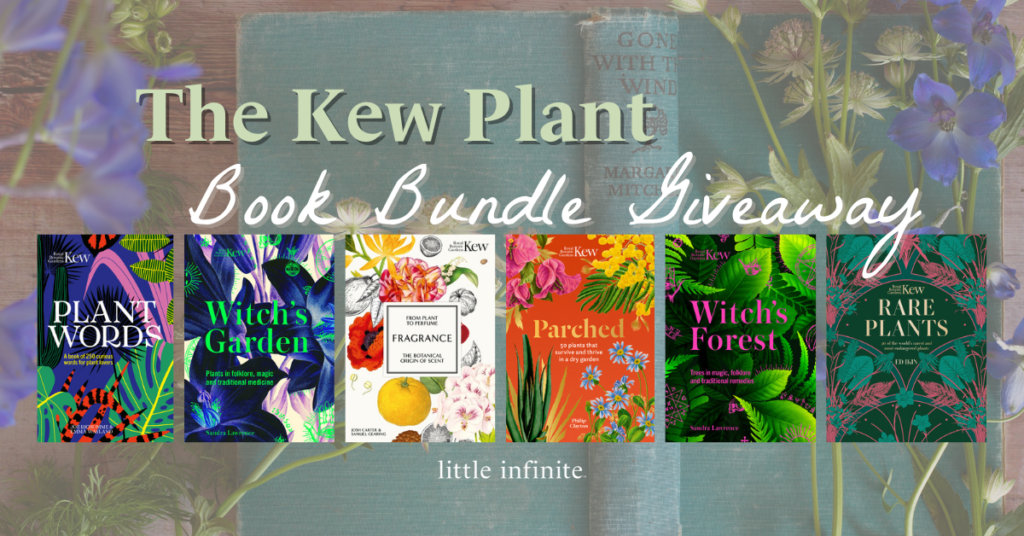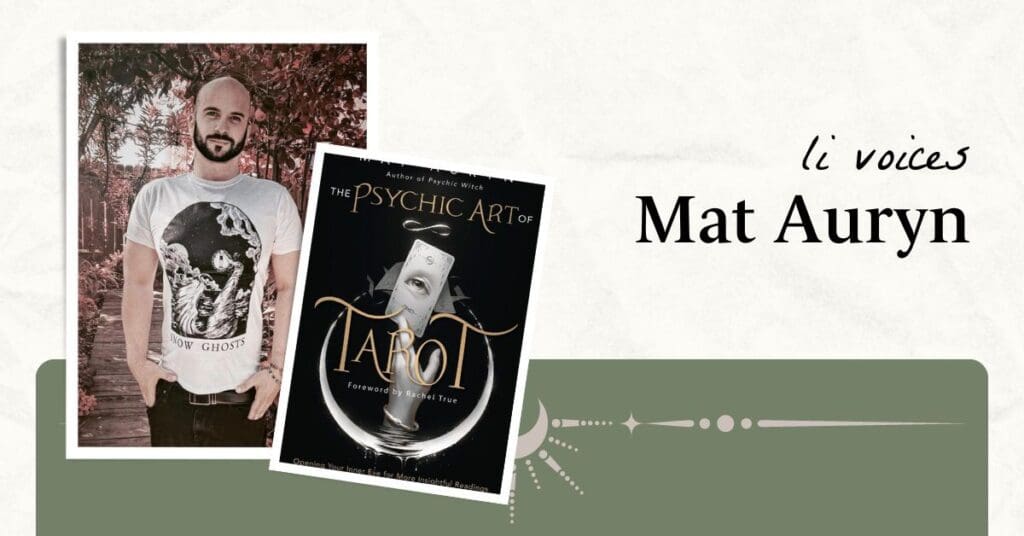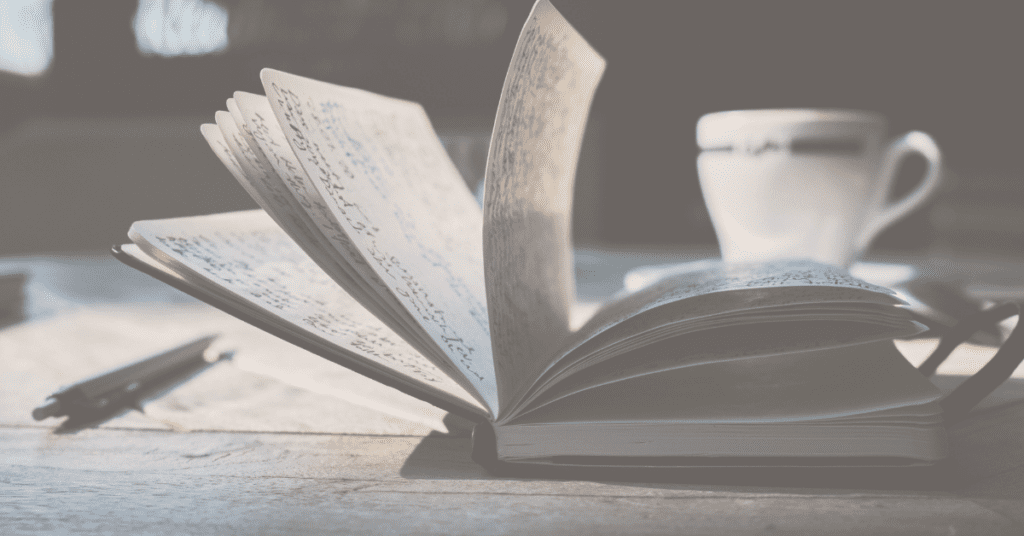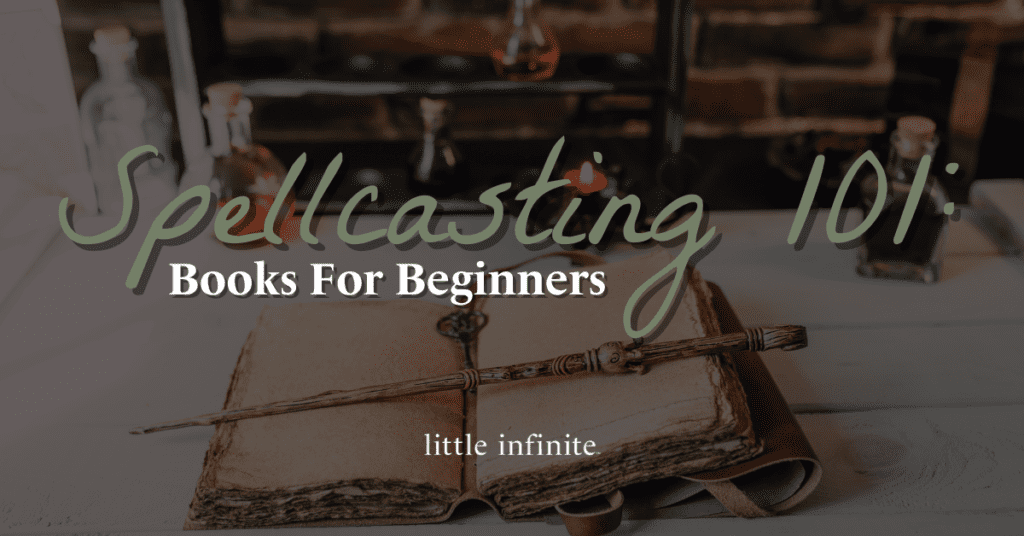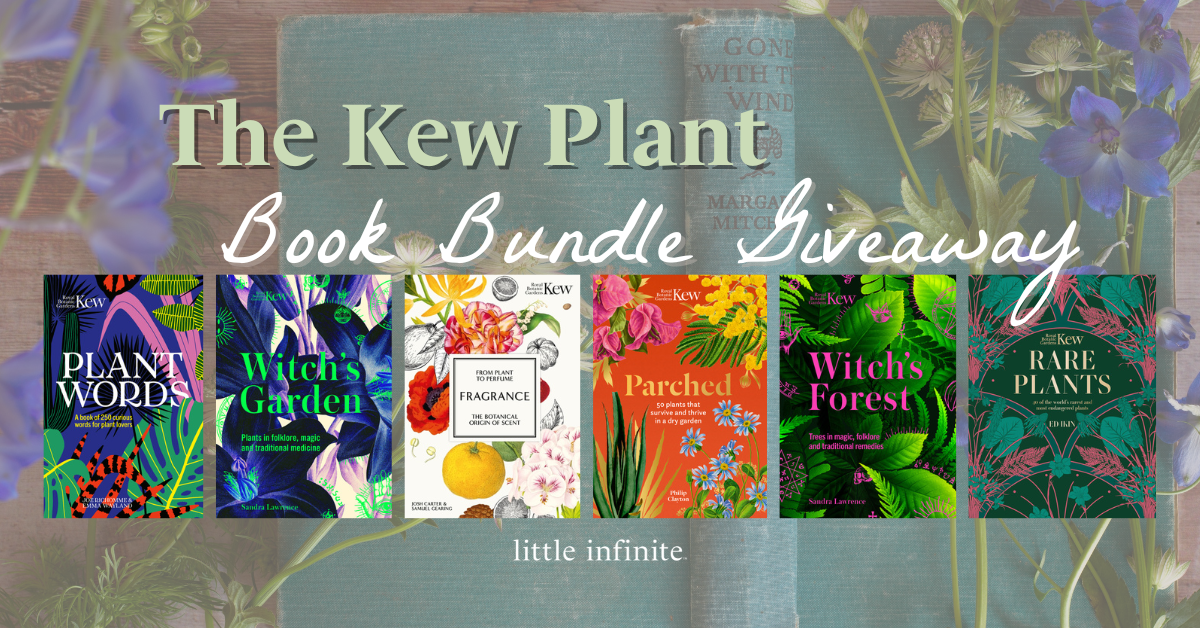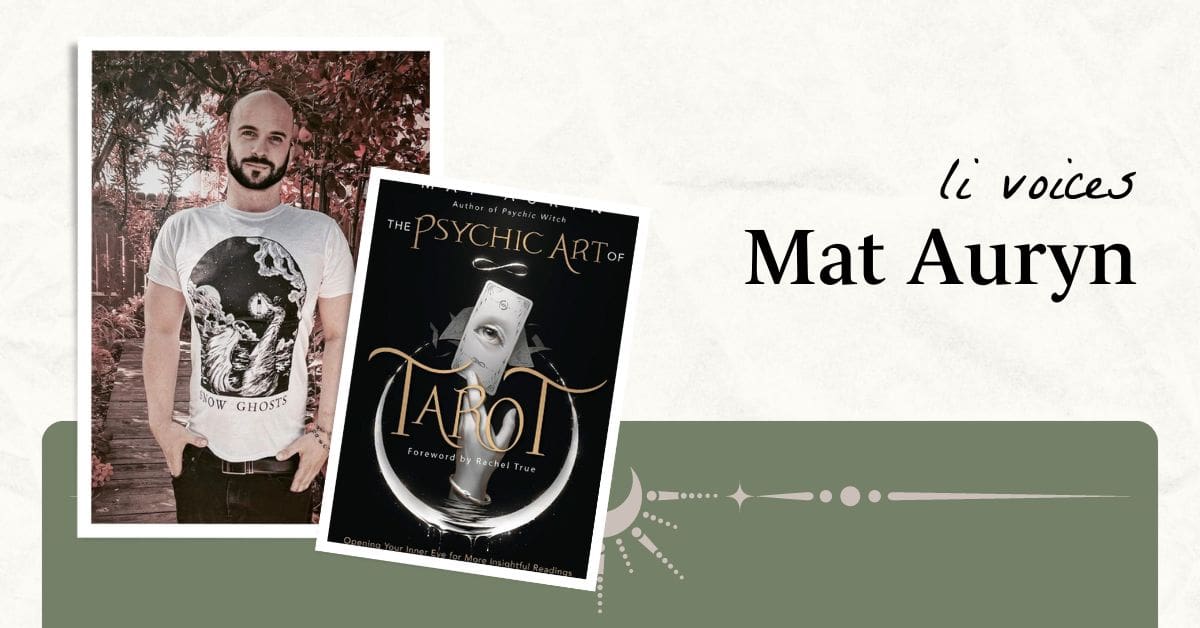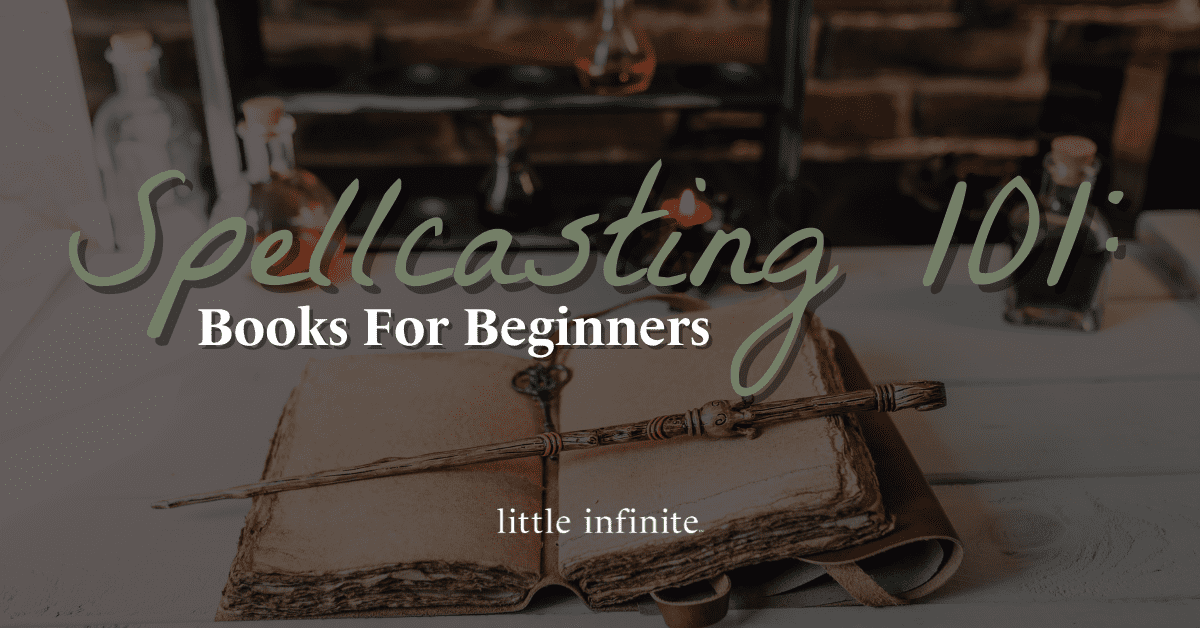Writing poetry and struggling with adequacy is a real thing. You won’t let a crisis on confidence turn a writing rut into a grave.
I can remember the literal moment — the very precipice between here and there — when I realized, “I’m a writer.” At times, I think of my life as Before and After this moment, as if, in its briefness, I was transformed from “person who writes poetry” to “poet.”
When I was in college I wrote a fair amount of poetry and submitted some to my university’s English Department Contest. One day, I got the notice that I’d won a poetry award. Of course, I was validated and my ego’s heartstrings were plucked. I felt alive, elated, encouraged to continue in my work as a poet.
But I also remember talking to friends who didn’t win. I read their work and it was really wonderful. It, too, deserved to win. In some way, I noticed that my “win” gave me an invisible credential. As if, to write poetry, one must win an award or be validated by some ministry of judges.
I still thought of my friends as poets, and I still didn’t recognize my poet self in my reflection. I was still the girl who wrote poems for the love of it. I had only been transformed in some superficial, artificial way. All that mattered was that, despite the win, I now felt like I had the right to write poetry.
And all that matters is that you feel you can write, too. A lot of murky, painful stuff gets in the way of our productivity as poets sometimes. Let’s unpack some of the most insidious blockers.
The “I’m not good enough” Myth
If you feel you’re not talented, creative, or unique enough to write (cue the “but who needs to hear my voice?” complex), it may be tempting to ignore your innate creative drive. The plague of not feeling good enough is both common and deep-rooted. As one Psychology Today article explores, this feeling — which can affect our work and our creativity — may come from a dysfunctional upbringing or early life trauma.
Writing coach Anne Kroeker suggests writing about your fears of not being good enough before you embark on your creative journey:
“That’s my first suggestion: write about it. Write the story behind your fears. Not for publication; rather, write about it in a private journal, for your own benefit.”
Anne Kroeker
You Are Already A Poet, or Why Seeking External Validation Leads Nowhere
There’s this idea that you aren’t good enough until you get validation from an outside source — and for a while a part of me fell prey to that sort of thinking.
While having others not just like but connect with your work is, in some ways, a part of why we express ourselves, the drive to write must be personal. And the belief in yourself must come first from within.
Your poetry doesn’t have to be either “hobby” or “work.” That’s reductionist and classist. I believe treating your writing practice with respect is important, so call yourself a poet if you want to call yourself a poet.
Of course, awards, publication, compliments — these are all powerful things. For many, especially those whose voices have been systemically erased or excluded from the canon or discussion, an award or a publication is about more than validation. It’s about making space and paving a way for others.
For many, especially those whose voices have been systemically erased or excluded from the canon or discussion, an award or a publication is about more than validation. It’s about making space and paving a way for others.
However, even those writers and poets were driven to create something before they were rewarded for their work. If you can tap into that — the self-belief and self-love that comes with taking the leap — you can silence those thoughts of inadequacy and unworthiness that haunt you.
The best work — and the work that is loved rewarded — is work that is born from authenticity and audacity. It needs no other permission. Give that permission to yourself.
Managing Imposter Syndrome
Countless poets, even those who are well-published and read by many, find themselves swimming in a sea of doubt. My voice is boring. They’re just pretending to like me. I’m not actually good. I need to be better. I’m not smart enough. I am not as educated as others. Wait until they find out I’m a fraud.
And of this is completely natural.
Natural, but its roots are dangerous. Over at Poetry Foundation, Marie Buck posits that although imposter syndrome is terrible, it’s based in the idea that we must all be knowledgable and perfect — that we can’t just be okay with trying our best and doing what we do. We compare ourselves to ideas and notions spurred on by capitalism:
Imposter syndrome, or feeling inept at any job, is depressive and incapacitating and bad all around. So my aim here isn’t to suggest that such feelings are good; they are definitely terrible. But I’d like to think that the resistance to expertise is also a rejection of the conditions of our labor. In a better world, we’d be able to enjoy how much we don’t know, and enjoy the expansiveness of that—that when your curiosity leads you to learn something new, there’s always something beyond it, another thing to learn.
-Marie Buck, Poetry Foundation’s Imposter Syndrome & Depressive Utopias
In the end, you have to simply let the mystery take you out to sea. Always strive for creativity and to better your craft, but don’t be bogged down by ideas that you’re good but not good enough.
There is humanity in limitations, in always learning, always growing — rather than reaching some peak of perfection that leads nowhere. Imposter syndrome is the world’s way of reinforcing ideas of perfection that no one needs. Let it go. Your work will be better for it.
Feature Photo by Abigail Keenan on Unsplash

